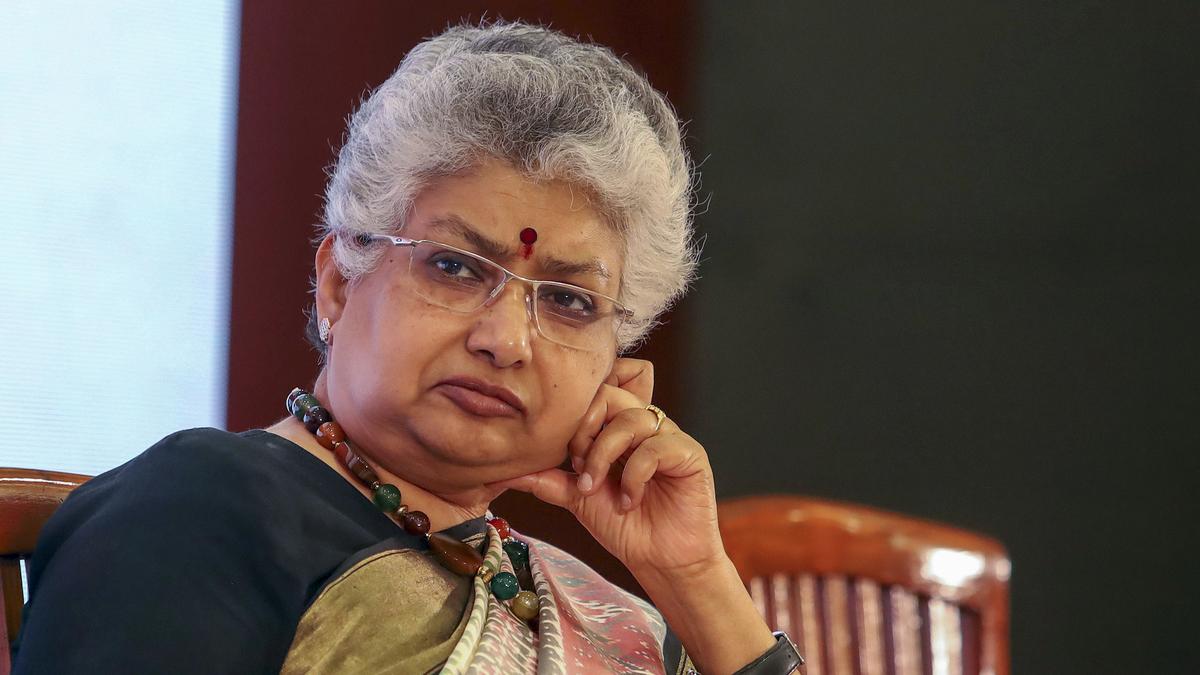
Indian family undergoing rapid change, impacting law and society: SC Judge B. V. Nagarathna
The Hindu
Justice Nagarathna discusses the evolving institution of family in India, emphasizing the need for understanding, respect, and mediation in disputes.
Supreme Court judge Justice B. V. Nagarathna on Saturday (April 12, 2025) said the institution of family in India today is undergoing rapid transformation and these shifts are profoundly impacting not only the structure and functioning of families but also the legal system.
This transition, she said, is set to be propelled by a multitude of factors including greater access to common education, increasing urbanisation, greater mobility of the workforce right from individualistic aspirations and the growing economic independence of women going to their education. The law has also aided in this transformation.
Speaking at the Southern Zone Regional Conference on "Family: The Basis of Indian Society", Justice Nagarathna emphasised that in every civilisation, the family has been recognised as the fundamental institution in the society. It is the link to "our past and a bridge to our future".
She suggested that the socio-economic liberation of women due to education and employment must be viewed positively and encouraged by the society. Such women, not only contribute to the well-being of the family but to the nation as well.
Justice Nagarathna opined that a significant percentage of the family disputes that are currently lying with the courts in India would be resolved if both parties take two steps.
"The first is to have an understanding and respect for the other and the second is an awareness of oneself. This is in the context of the husband and the wife. By understanding the respect for the other, I mean that one partner should keep into consideration the other partner's interest at all times. Whenever the first partner appears to do something which in the opinion of the other partner is problematic, the other partner must reason such action standing in the shoes of the first partner," she explained.
The SC judge, who is also the Chairperson of Family Courts Committee of the apex court, said partners must actively try to understand the perspective and reasoning of the other from the lens of the other partner. This will help in creating an engagement between the partners rather than escalating it into a dispute.

 Run 3 Space | Play Space Running Game
Run 3 Space | Play Space Running Game Traffic Jam 3D | Online Racing Game
Traffic Jam 3D | Online Racing Game Duck Hunt | Play Old Classic Game
Duck Hunt | Play Old Classic Game











